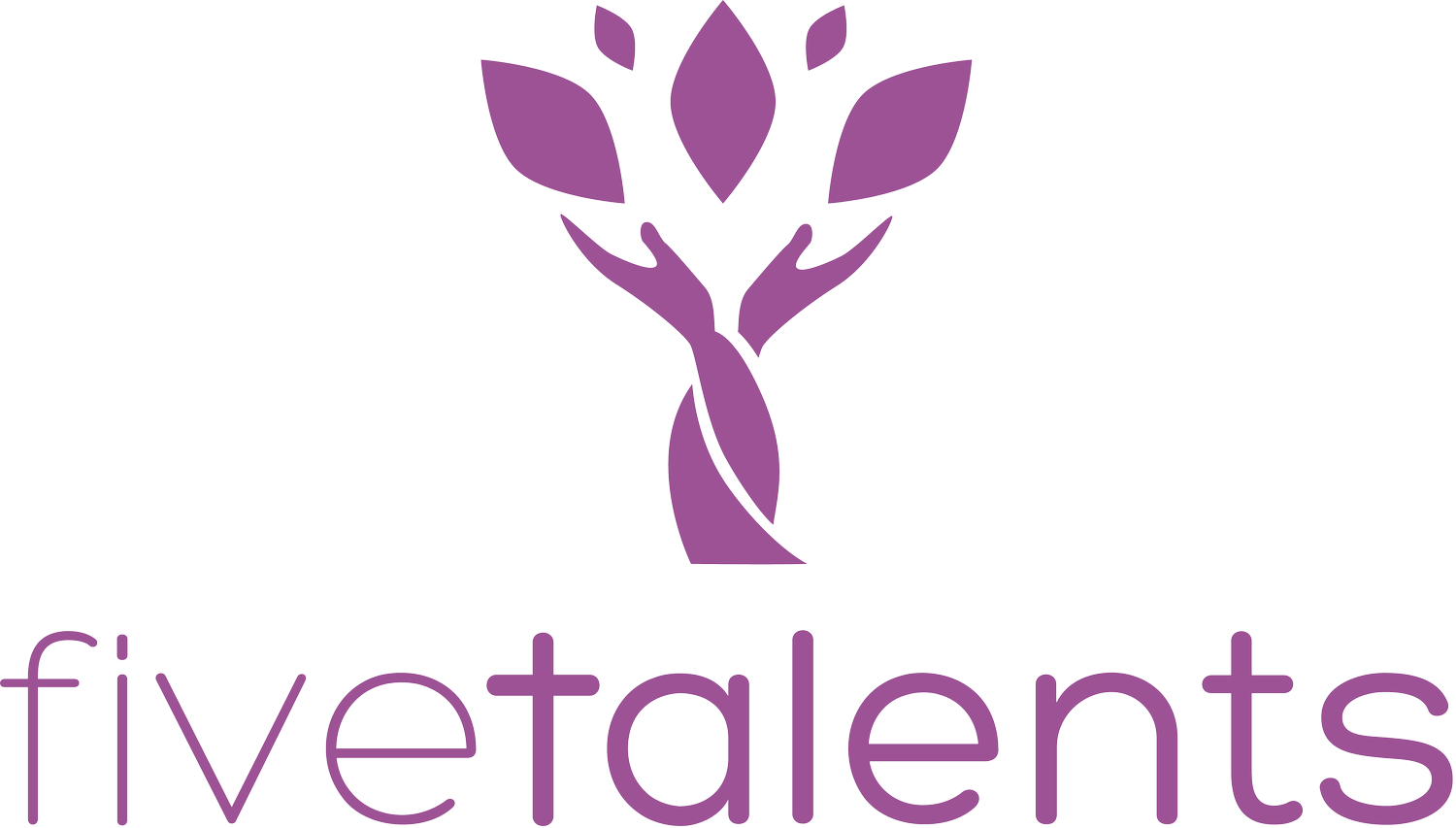In the highlands of central Burundi, amidst fields of sorghum, cassava, and maize, peace is taking root in a region witness to two genocides and a civil war.
In a village outside Gitega, friends from different ethnic groups and political backgrounds gather in the compound of a church. Construction continues on the church, a patchwork of brick and mortar with exposed window frames. The building is open to the world, yet provides shelter from the short December rains.
Today one savings group gathers, tomorrow another.
Five Talents Program Director Suzanne Middleton explains, "The savings groups here began as a literacy program. They targeted the most disadvantaged in the community: widows, the least educated, minority groups and those affected by HIV/AIDS."
"Over time, others in the community saw the impact and became envious. They wanted to join too."
The Power of Community Savings
The groups of mostly women began to save and loan to one another, developing their own small businesses.
"They are from different ethnic groups but live in the same neighborhood. . .They don't look to their differences but to what unifies them and they work for the welfare of their community and their families", a local leader explained.
The church began literacy and numeracy programs in Burundi in 2000 with an aim of empowering women and men with business skills and opportunities to save, borrow, and build a brighter future.
Women gather during a community savings group meeting.
"They [never] used to read. Now they can read road signs, put airtime on their phone, read doctor's prescription's for their children. . .and even run a business", Suzanne said.
Communication during Conflict
While civil war engulfed the country from 2000 to 2005 the groups continued to meet. It was during this time, that the group facilitators learned the importance of communication.
"That time it was very new. Few people had mobile telephones. But we had to buy phones for [our trainers]", Country Coordinator, Claudette Kigemi shared.
The phones enabled coordinators to assess security and know when and where they could travel, visiting members' homes and coordinating group meetings. "Where there is shooting we don't go. . .If it is risky, they can warn you on the road that day, don't come."
"During the war the groups would meet. They could come together and discuss even difficult topics. . . If people are left on their own, it can become a cause of suspicion and fear. . .But when they meet it breaks fear."
Most NGOs left during the war and many government and community services ground to a halt. "The people appreciate it because it is at the difficult time that we can still come to them", Claudette said.
The program keeps members busy so that they don't focus on the negative news affecting the country at large. Instead, they can encourage local development and growth.
"The groups are mixed and when they are in meetings, they became friends. That is when they were able to discuss all these issues about peace and how to live", Claudette explained.
when they were able to discuss all these issues about peace and how to live", Claudette explained.
Today there are over 31,000 members in savings groups across the country. The groups are 75% female and gave out over 12,000 loans during 2015 with a 98% repayment rate. Every one of the 1,355 group facilitators has a mobile phone and most groups continue to meet on a weekly basis.
"The good thing is that it is keeping communication all the time, and [leaders know] what is happening in the community, how we can get to them and also what is needed", Claudette remarked.
Recently, two members suspected possible attacks and left their homes in Gitega. The other members of their savings group went looking for them and told them to return to the community. "We are going to work together. . .we are going to protect you," they told them.
The members of Five Talents savings groups in Burundi are not just friends, but they are part of an active fellowship. They meet to support and encourage one another, to save and to build a brighter future together, even risking their own lives.
Their witness reminds us that all of us have a role to play in God's economy. The fruit of fellowship is a growing peace. When small groups continue to meet, save, and work together they send a powerful message of peace to their communities.
Help promote peace by bringing communities together to invest and save. Make a gift to the ministry of Five Talents today.



